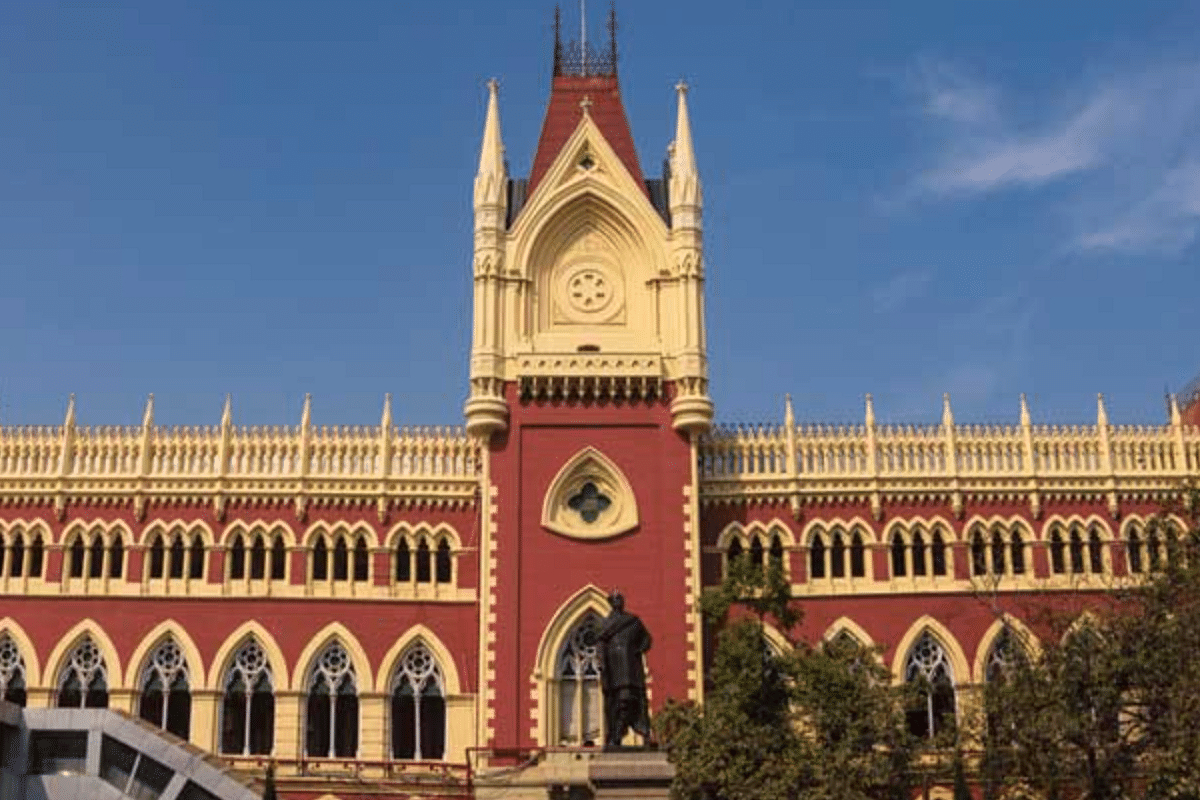
Over the past eight months, Starbucks has lost 16 of 17 cases decided by National Labor Relations Board administrative law judges. The violations cited in the rulings include worker intimidation, discriminatory rules, and unlawful discipline and termination of union organizers.
The company’s spokesman refutes the notion that there’s a corporate strategy to undermine the union, saying Starbucks’ policies prohibit retaliatory behavior toward organizers.
But Starbucks also illegally interfered with NLRB processes in several cases, an unusual type of violation that can incur adverse results in both administrative and judicial proceedings, according to former NLRB members and attorneys.
“It’s not just that Starbucks is breaking the law within the four walls of their own stores, but then they’re also trying to block employees from getting a fair shot at telling the board how their rights have been violated,” said Sharon Block, a former NLRB member who leads Harvard Law School’s Center for Labor and a Just Economy.
“And I think that speaks to how cavalier this company is about how the law applies to them, or rather, how they believe it doesn’t apply to them,” she said.
The initial batch of ALJ rulings represent less than a quarter of NLRB complaints against Starbucks but could help agency prosecutors prove allegations in other cases and win court injunctions against the company.
Dueling Charges
Starbucks spokesman Andrew Trull noted that the company has launched a training program for managers and a labor relations team to “support management adherence to company policies and compliance with the complex patchwork of employment and labor law.”
“We respect the right of all partners to make their own decisions about union representation without fear of reprisal or retaliation, and we are committed to engaging in good faith collective bargaining for each store where a union has been appropriately certified,” he said.
Starbucks has lodged 100 charges against Starbucks Workers United, mostly claiming that the union has refused to bargain. Agency officials have dismissed about 90% of those charges and continue to investigate the rest.
Yet the NLRB has issued nearly 100 complaints against Starbucks based on union-filed charges, including a nationwide accusation that the company is refusing to bargain at 163 unionized stores. About 75 of these cases are pending before NLRB judges.
“There’s something cynical about Starbucks’ strategy,” said Matthew Bodie, a former NLRB attorney who teaches labor law at the University of Minnesota. “They seem to think the board is not a legitimate decider, and that they’ll be vindicated by the courts or the board’s remedies aren’t sufficiently scary to change their behavior.”
The ALJ decisions reveal Starbucks’ “ruthless and calculated anti-union campaign,” union spokesperson Casey Moore said in an email.
The NLRB declined to comment.
Multiple Violations
Starbucks was found to have violated the law numerous times in most of the 16 administrative law judge decisions against the company.
Many of the infractions, like threats of reprisals and promises of benefits, are standard fare in illegal union-busting campaigns. But the sheer number and geographic spread of the violations is unusual, former NLRB members and attorneys said.
According to a Bloomberg Law analysis of the ALJ rulings, judges held that managers made illegal statements in 13 cases. In eight, they told workers who were contemplating unionization that all of their conditions of employment would be “up for grabs” or “start from zero” during contract negotiations.
Managers also were found to have unlawfully offered discriminatory raises, saying unionizing workers wouldn’t be included in the company’s nationwide wage and benefits increase that took effect in August 2022.
NLRB prosecutors can use Starbucks’ prior illegal conduct as evidence in later cases, especially when it shows the company acted out of anti-union animus, former NLRB members and attorneys said.
The relevance of earlier ULPs to current cases decreases with time and geographic distance, said Jeffrey Hirsch, a labor law professor at the University of North Carolina and former board lawyer.
“If it involves different geographic regions, Starbucks could argue that management in Buffalo has nothing to do with management in Seattle,” Hirsch said.
But illegal company conduct from different regions can be useful to NLRB prosecutors if they can show it arose from a corporate-level plan, he added.
Fighting ‘to the Death’
Starbucks took a heavier hand as organizing progressed, the ALJ decisions show, illegally staffing unionizing stores with managers, calling the police on several worker demonstrations, and cutting cafe hours.
The company also unlawfully fired 17 workers and disciplined or slashed hours of dozens more, judges found.
Judges in three cases ruled that the coffee giant violated labor law safeguards for workers who file charges against their employer or take part in an NLRB investigation.
“They can’t stop workers from voting for the union. They’ve already tried and failed in that,” said Mark Gaston Pearce, a former NLRB chair and head of Georgetown Law’s Workers Rights Institute.
“So the next phase is to commit as many unfair labor practices as possible and then intimidate the workforce into not testifying against them,” he said.
Starbucks’ continued string of labor law violations bolsters the argument that the company is executing a nationwide strategy that warrants a nationwide cease-and-desist order from a court, Pearce said.
The NLRB had won just such an order from a Michigan federal judge, only to have that judge do an about-face a week later and issue an injunction that applies to just one store.
The company is appealing that narrow order.
The ALJs’ remedies have mainly been local cease-and-desist orders, reinstatement for all fired workers, and back pay for employees whose hours were illegally slashed.
Those rulings can be appealed to the NLRB, and the board’s rulings can then be challenged in federal court.
“Starbucks effectively has an infinite amount of money to spend on lawyers,” said Anne Marie Lofaso, a labor law professor at West Virginia University and former NLRB attorney. “They’re going to fight this to the death.”
Related Posts
- Alternative employment models offer labor-shortage solutions (updated)
- New lawyer hiring was up in 2022. Will 2023 law grads be so lucky?
- Law firm financials heading in the right direction, report finds
- Alternative employment models offer labor-shortage solutions
- These law schools are tops for government and public interest jobs



